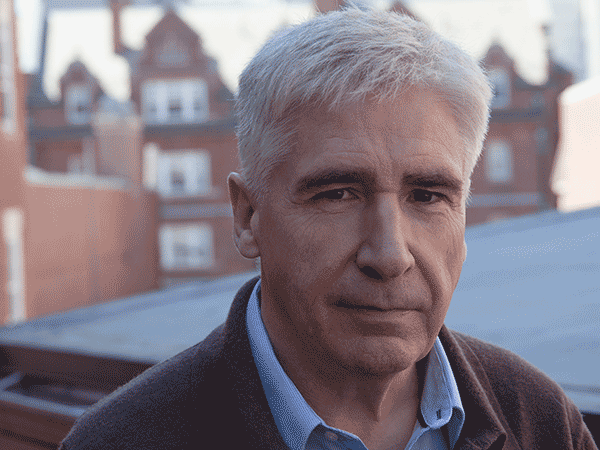Harvard Pop Center faculty member David Canning shares insights gleaned from his research on the relationship between chess and cognitive aging in this piece published in GQ. You can also learn more in this Harvard Chan School news post.
David Canning on why he’s using chess as a cognitive survey in The Harvard Gazette
David Canning, who recently presented on aging, cognitive decline and chess at a Harvard Pop Center Social Demography Seminar, speaks with The Harvard Gazette about using data on chess tournament performance to advance research on cognitive aging, including dementia.
PGDA study examines the role of chess performance on cognition
The Program on Global Demography of Aging at Harvard (PGDA) has launched a study examining the role of chess performance on cognitive ability. The Chess Cognition Study is led by PI David Canning. The study is currently looking for volunteers to complete a virtual interview, which includes a series of cognition tests. Participants must be at least 50 years of age, a member of the United States Chess Federation (USCF), and…
Continue reading “PGDA study examines the role of chess performance on cognition”
Follow-up: Results of first round of COVID-19 survey released
Professors David Bloom and David Canning, along with Rashmi Dayalu (all associated with the Program on Global Demography of Aging (PGDA) at Harvard, and Boston University Assistant Professor Mahesh Karra, have released the results of the first round of their survey focused on social distancing behavior and COVID-19 symptoms. Are older people practicing social distancing more than younger people? Do some symptoms influence behavior more than others? See the results…
Continue reading “Follow-up: Results of first round of COVID-19 survey released”
Professors Bloom and Canning pen op-ed proposing a scientific, cost-effective way to get needed data on COVID-19 infection rate
In today’s Boston Globe, David Bloom and David Canning, both Harvard Pop Center faculty members, call for conducting COVID-19 tests on a representative sample of the population, leveraging already collected data from the US Census Bureau’s American Community Survey, along with additional information currently being culled by the COVID-19 Symptoms & Social Distancing Web Survey being conducted by their team at the Harvard T.H. Chan School of Public Health. Learn…
PGDA joins fight against COVID-19 with symptoms and social distancing web survey
Professors David Bloom and David Canning, along with Rashmi Dayalu (all associated with the Program on Global Demography of Aging (PGDA) at Harvard, and Boston University Assistant Professor Mahesh Karra, have created a 5-minute survey that can be taken by U.S. residents age 18 and over to help gather information on COVID-19 symptoms and social distancing behavior at a national level. Your participation will help to advance research to better…
Continue reading “PGDA joins fight against COVID-19 with symptoms and social distancing web survey”
Exposure to air pollution in utero linked to child stunting in Bangladesh
Harvard Pop Center faculty member David Canning is co-author of a study published in the International Journal of Environmental Research and Public Health that reveals that children who were exposed to fine particulate ambient air pollution in utero in Bangladesh—a densely populated country that recently ranked last on air quality—were significantly more likely to suffer from stunting.
In South Africa, $5 food voucher linked to increase in HIV testing rate
A study by former Harvard fellow Mark McGovern, PhD, along with faculty members David Canning, PhD, and Till Bärnighausen, PhD, and colleagues, has found that efforts to scale up HIV testing through home-based testing are supported by offering a $5 dollar (US) food voucher to residents in South Africa.
Children living even slightly further from health facilities at increased risk of death in 21 LMICs
A study published in the International Journal of Epidemiology by Harvard Pop Center faculty member Gunther Fink, PhD, and Center Associate Director David Canning, PhD, reveals that even small increases in the distance between children’s homes and the health facilities that serve them increases their mortality risk.
Berkman, Canning and Pop Center faculty featured in cover story on “Silver Tsunami”
Harvard Public Health, The Magazine of the Harvard T.H. Chan School of Public Health is out with its Fall issue featuring a cover story entitled The Aging Game, Perils and Promises of a Graying Society. The Harvard Pop Center Director Lisa Berkman, along with Associate Director David Canning, and faculty members David Bloom and Ichiro Kawachi, are among the experts who share their thoughts on “successful aging” including physical, financial…



